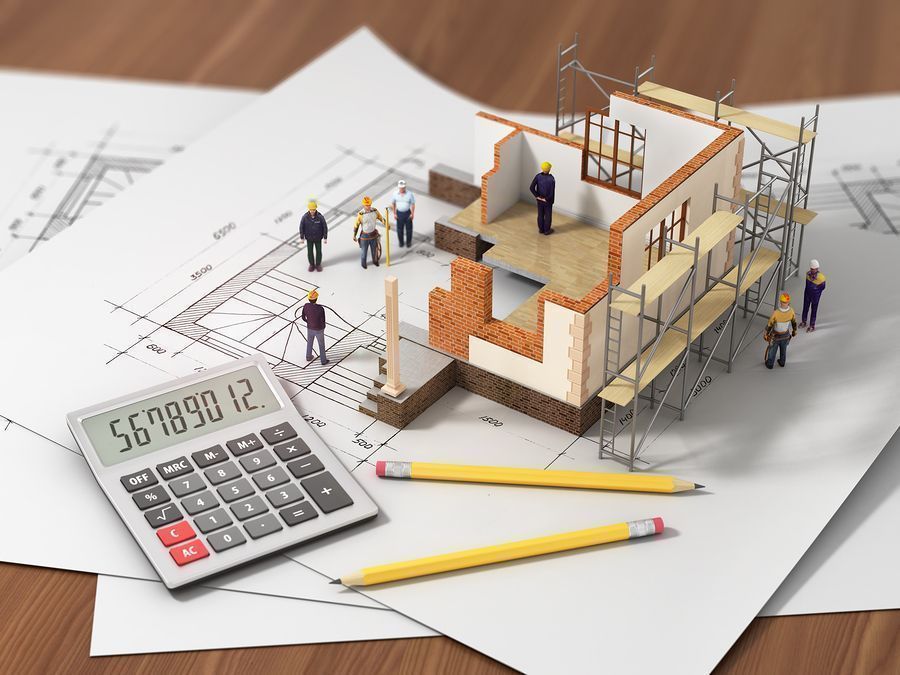It’s a hotly debated question among economists and analysts right now: What will the recent spike in mortgage rates do to the housing market? The housing market could be in for a bumpy ride as mortgage rates climb. Mortgage interest rates are on the rise after hovering around near record lows early in the year. Mortgages rates jumped up a quarter percent on the 30-year fixed-rate from a month ago. According to the Mortgage Bankers Association, weekly data on mortgage-purchase applications suggest, however, that higher mortgage rates are leading to a mild slowdown in demand, and a modest drop in the average amount of debt sought by prospective buyers.

For five years, mortgage rates have hovered around 40-year lows; a situation most economists believe will start to reverse if the Federal Reserve begins to raise interest rates later this year. Rates on 30-year conventional mortgages averaged 4% for the week ended Thursday, according to mortgage giant Freddie Mac. Until a few months ago, mortgage rates had been below 4% since November.
The Fed doesn’t have direct control over mortgage rates or any other long-term rates, which fluctuate based on perceptions about the economy and inflation. But when the central bank raises short-term rates, other rates move accordingly over time. Mortgage rates typically track yields on 10-year Treasury notes.
Interest rates matter for the strength of the housing market because higher rates boost mortgage payments, making homes less affordable. At 3.9%, monthly payments on a 30-year, $400,000 mortgage would be about $1,890. If rates rose one point to 4.9%, payments would rise to $2,100 a month; at 5.9%, payments would be about $2,370 a month.
While modest increases in interest rates are certain to knock some buyers out of the market, many economists believe most home buyers will hang in—at least for the near term. The reason: apartment rents have risen sharply in recent years therefore causing buyers to elect to pay their own mortgage instead of their landlord’s. High rents make it less likely potential buyers will be scared off. Even at higher mortgage rates, families will be better off buying instead of renting.
It’s speculated that higher mortgage rates have often correlated with boom times for housing because they tend to reflect the fact that the overall economy is doing well. That is somewhat true. However, in the 1980’s when interest rates sailed into the double-digits reaching as high as 17%, it killed the housing market. More recently, mortgage rates surged in June 2013 as investors anticipated that the Federal Reserve would pull back from its bond-buying program. After former Federal Reserve Chair, Ben Bernanke, announced the Federal Reserve’s plan to “taper-off” buying its bonds sent rates from around 3.6% in May 2013 to around 4.5% that July.
The conclusion? Today or 40 years ago, home ownership has been a bargain when compared to renting. And today’s “historically low” interest rates make home ownership even more of a bargain for prospective homeowners.


